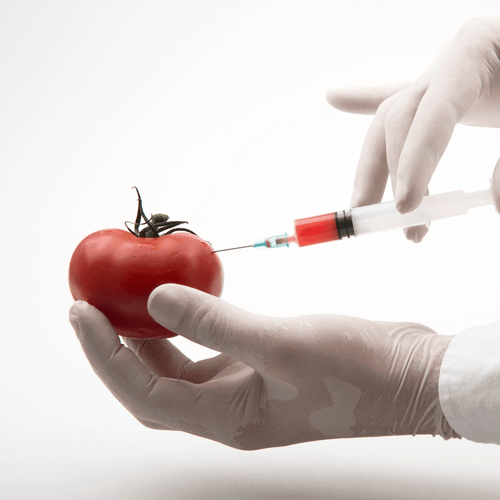In recent years, awareness around genetically modified organisms (GMOs) has surged, as more consumers have become conscious of how their food is grown. But what does choosing non-GMO mean, and why is it so important for your health? At Ossa Organic, we believe in nurturing your body with clean, natural, and sustainable ingredients. Let’s dive into why choosing non-GMO foods can make a big difference in your overall well-being.
What Are GMOs?
Genetically modified organisms (GMOs) are plants, animals, or microorganisms whose DNA has been altered using genetic engineering. This technology was originally developed to enhance certain traits, such as resistance to pests or improved growth rates. However, there is a growing concern over the health and environmental impacts of consuming genetically modified foods.
Why Non-GMO Matters for Your Health
1. Fewer Chemicals
Many GMO crops are designed to tolerate high levels of herbicides and pesticides. Unfortunately, this means that they are often exposed to higher amounts of these chemicals, which can end up on your plate. Consuming fewer synthetic chemicals through non-GMO foods reduces your exposure to potential toxins, which can have long-term health benefits. Non-GMO foods are often grown using fewer pesticides, especially when organic farming methods are applied.
2. Better for Your Gut Health
Did you know that your gut health is one of the most critical aspects of your overall wellness? The delicate balance of bacteria in your gut plays a huge role in digestion, immunity, and mental health. Some research suggests that GMO foods might negatively impact gut microbiota. Choosing non-GMO foods, which are often higher in essential nutrients and free from genetically engineered components, helps maintain a healthy gut environment.
3. Avoid Potential Allergens
Because genetic engineering involves mixing genes from different species, there’s a risk that consuming GMO foods could trigger allergies in sensitive individuals. For example, if a gene from a known allergen is introduced into a crop, it may produce an allergic reaction in unsuspecting people. By choosing non-GMO foods, you lower the risk of being exposed to these unknown allergens.
Supporting a Sustainable Food System
Opting for non-GMO foods isn’t just a choice for your personal health—it’s also an investment in the health of our planet. GMO crops often require extensive use of synthetic fertilizers and pesticides, which can harm ecosystems and reduce soil health. On the other hand, non-GMO farming methods, especially organic practices, emphasize sustainability, biodiversity, and a reduced chemical footprint. By choosing non-GMO, you're supporting a food system that respects nature’s balance.
How to Incorporate More Non-GMO Foods into Your Diet
If you’re ready to embrace the non-GMO lifestyle, here are some simple steps to get started:
- Look for Labels: Products that are verified by the Non-GMO Project are a great place to start. Their labels clearly identify products that meet rigorous non-GMO standards.
- Buy Organic: Certified organic products are always non-GMO. Opt for organic fruits, vegetables, dairy, and meats when possible.
- Check Ingredients: Some of the most common GMO crops include corn, soy, and canola. When purchasing processed foods, check for these ingredients and choose products that are labeled non-GMO.
Choose Ossa Organic for Non-GMO Goodness
At Ossa Organic, we are committed to providing you with high-quality, non-GMO foods like our bone broth, raw honey, and other gut-health products. By choosing non-GMO, you are not only doing something great for your body but also supporting a healthier, more sustainable food industry.



